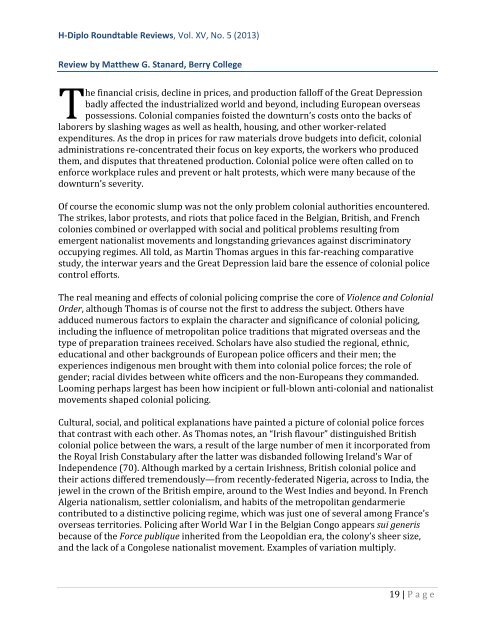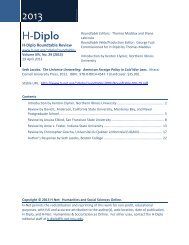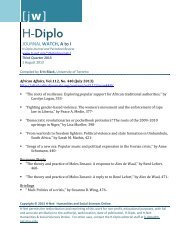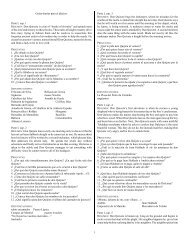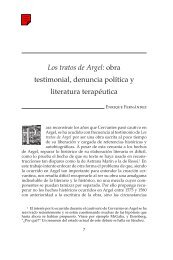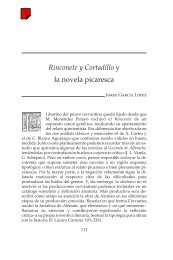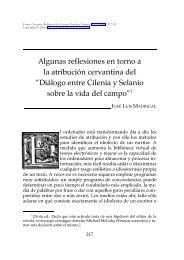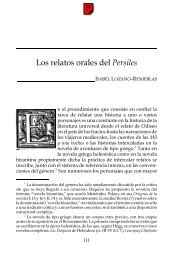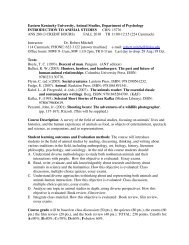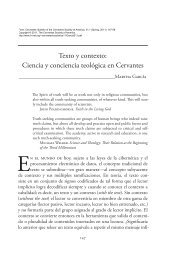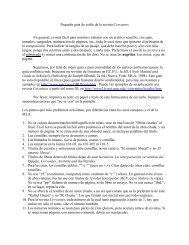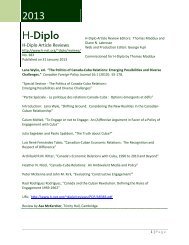H-Diplo Roundtable on Martin Thomas. Violence and ... - H-Net
H-Diplo Roundtable on Martin Thomas. Violence and ... - H-Net
H-Diplo Roundtable on Martin Thomas. Violence and ... - H-Net
You also want an ePaper? Increase the reach of your titles
YUMPU automatically turns print PDFs into web optimized ePapers that Google loves.
H-<str<strong>on</strong>g>Diplo</str<strong>on</strong>g> <str<strong>on</strong>g>Roundtable</str<strong>on</strong>g> Reviews, Vol. XV, No. 5 (2013)<br />
Review by Matthew G. Stanard, Berry College<br />
T<br />
he financial crisis, decline in prices, <strong>and</strong> producti<strong>on</strong> falloff of the Great Depressi<strong>on</strong><br />
badly affected the industrialized world <strong>and</strong> bey<strong>on</strong>d, including European overseas<br />
possessi<strong>on</strong>s. Col<strong>on</strong>ial companies foisted the downturn’s costs <strong>on</strong>to the backs of<br />
laborers by slashing wages as well as health, housing, <strong>and</strong> other worker-related<br />
expenditures. As the drop in prices for raw materials drove budgets into deficit, col<strong>on</strong>ial<br />
administrati<strong>on</strong>s re-c<strong>on</strong>centrated their focus <strong>on</strong> key exports, the workers who produced<br />
them, <strong>and</strong> disputes that threatened producti<strong>on</strong>. Col<strong>on</strong>ial police were often called <strong>on</strong> to<br />
enforce workplace rules <strong>and</strong> prevent or halt protests, which were many because of the<br />
downturn’s severity.<br />
Of course the ec<strong>on</strong>omic slump was not the <strong>on</strong>ly problem col<strong>on</strong>ial authorities encountered.<br />
The strikes, labor protests, <strong>and</strong> riots that police faced in the Belgian, British, <strong>and</strong> French<br />
col<strong>on</strong>ies combined or overlapped with social <strong>and</strong> political problems resulting from<br />
emergent nati<strong>on</strong>alist movements <strong>and</strong> l<strong>on</strong>gst<strong>and</strong>ing grievances against discriminatory<br />
occupying regimes. All told, as <strong>Martin</strong> <strong>Thomas</strong> argues in this far-reaching comparative<br />
study, the interwar years <strong>and</strong> the Great Depressi<strong>on</strong> laid bare the essence of col<strong>on</strong>ial police<br />
c<strong>on</strong>trol efforts.<br />
The real meaning <strong>and</strong> effects of col<strong>on</strong>ial policing comprise the core of <strong>Violence</strong> <strong>and</strong> Col<strong>on</strong>ial<br />
Order, although <strong>Thomas</strong> is of course not the first to address the subject. Others have<br />
adduced numerous factors to explain the character <strong>and</strong> significance of col<strong>on</strong>ial policing,<br />
including the influence of metropolitan police traditi<strong>on</strong>s that migrated overseas <strong>and</strong> the<br />
type of preparati<strong>on</strong> trainees received. Scholars have also studied the regi<strong>on</strong>al, ethnic,<br />
educati<strong>on</strong>al <strong>and</strong> other backgrounds of European police officers <strong>and</strong> their men; the<br />
experiences indigenous men brought with them into col<strong>on</strong>ial police forces; the role of<br />
gender; racial divides between white officers <strong>and</strong> the n<strong>on</strong>-Europeans they comm<strong>and</strong>ed.<br />
Looming perhaps largest has been how incipient or full-blown anti-col<strong>on</strong>ial <strong>and</strong> nati<strong>on</strong>alist<br />
movements shaped col<strong>on</strong>ial policing.<br />
Cultural, social, <strong>and</strong> political explanati<strong>on</strong>s have painted a picture of col<strong>on</strong>ial police forces<br />
that c<strong>on</strong>trast with each other. As <strong>Thomas</strong> notes, an “Irish flavour” distinguished British<br />
col<strong>on</strong>ial police between the wars, a result of the large number of men it incorporated from<br />
the Royal Irish C<strong>on</strong>stabulary after the latter was disb<strong>and</strong>ed following Irel<strong>and</strong>’s War of<br />
Independence (70). Although marked by a certain Irishness, British col<strong>on</strong>ial police <strong>and</strong><br />
their acti<strong>on</strong>s differed tremendously—from recently-federated Nigeria, across to India, the<br />
jewel in the crown of the British empire, around to the West Indies <strong>and</strong> bey<strong>on</strong>d. In French<br />
Algeria nati<strong>on</strong>alism, settler col<strong>on</strong>ialism, <strong>and</strong> habits of the metropolitan gendarmerie<br />
c<strong>on</strong>tributed to a distinctive policing regime, which was just <strong>on</strong>e of several am<strong>on</strong>g France’s<br />
overseas territories. Policing after World War I in the Belgian C<strong>on</strong>go appears sui generis<br />
because of the Force publique inherited from the Leopoldian era, the col<strong>on</strong>y’s sheer size,<br />
<strong>and</strong> the lack of a C<strong>on</strong>golese nati<strong>on</strong>alist movement. Examples of variati<strong>on</strong> multiply.<br />
19 | P age


